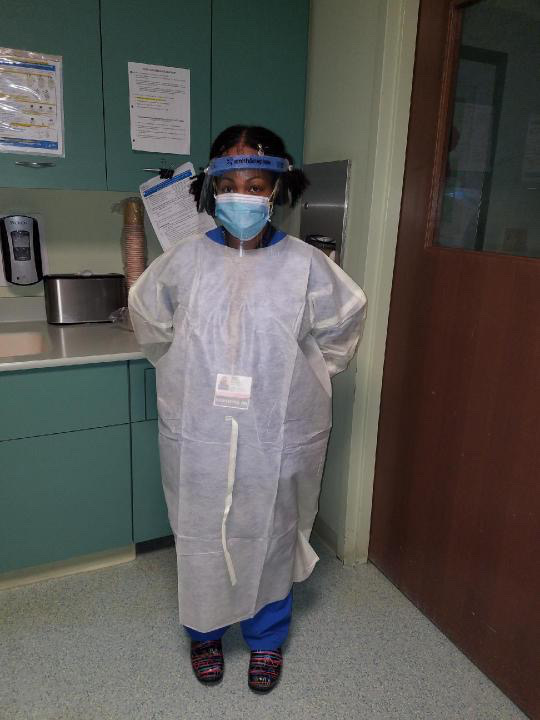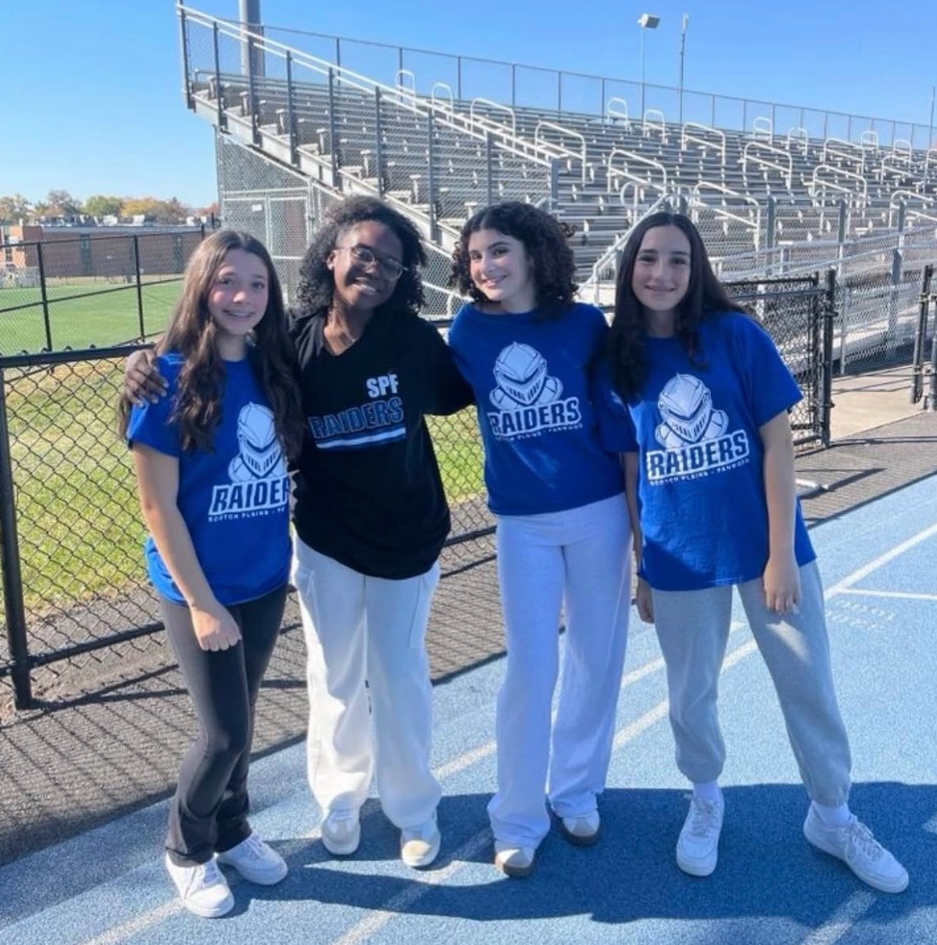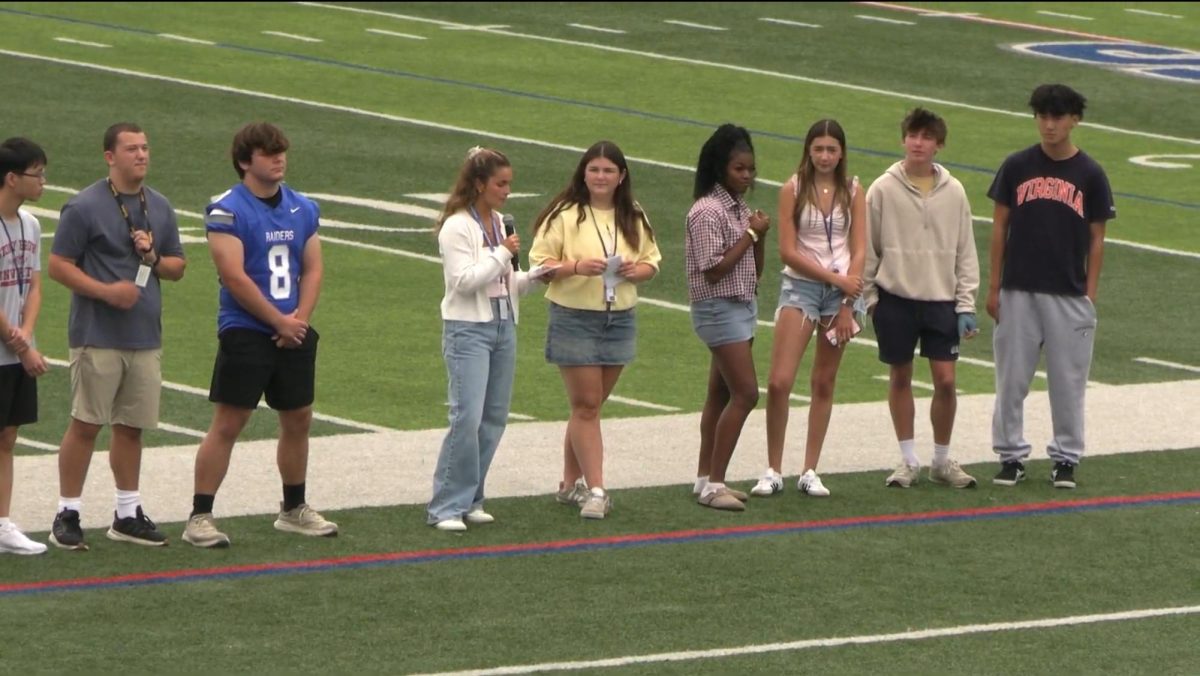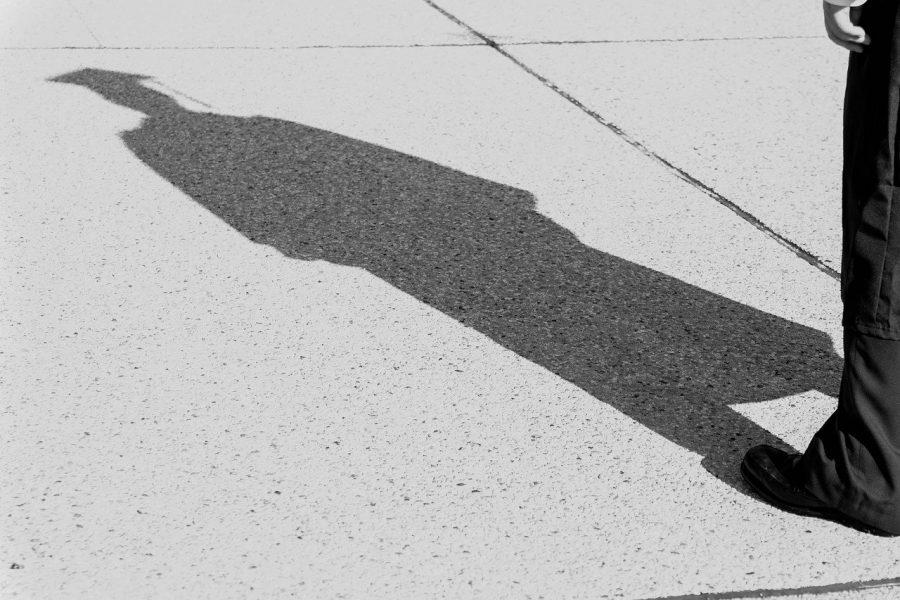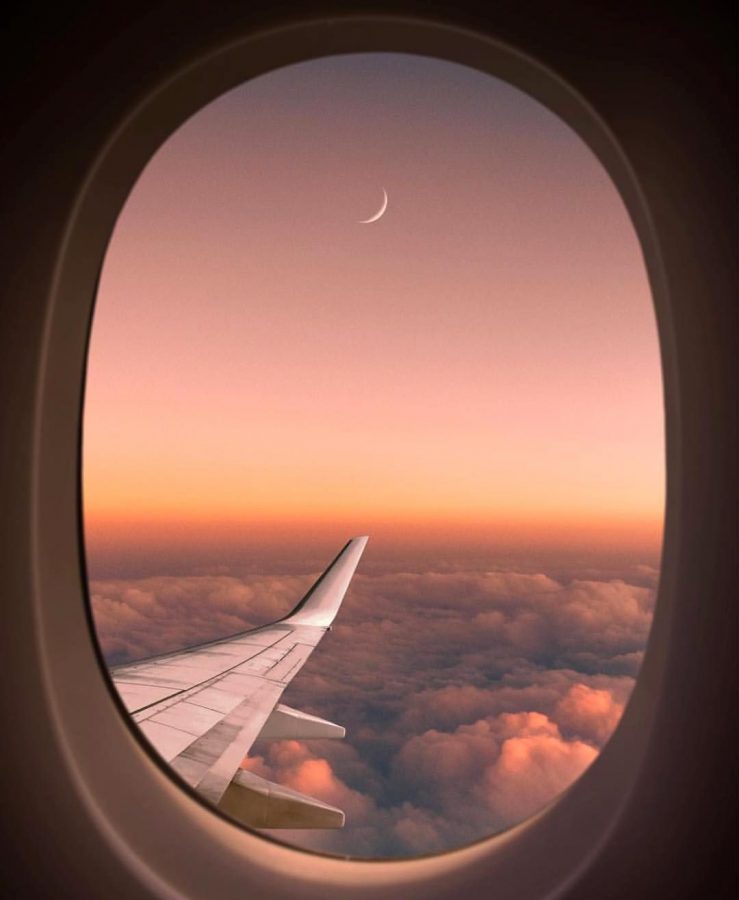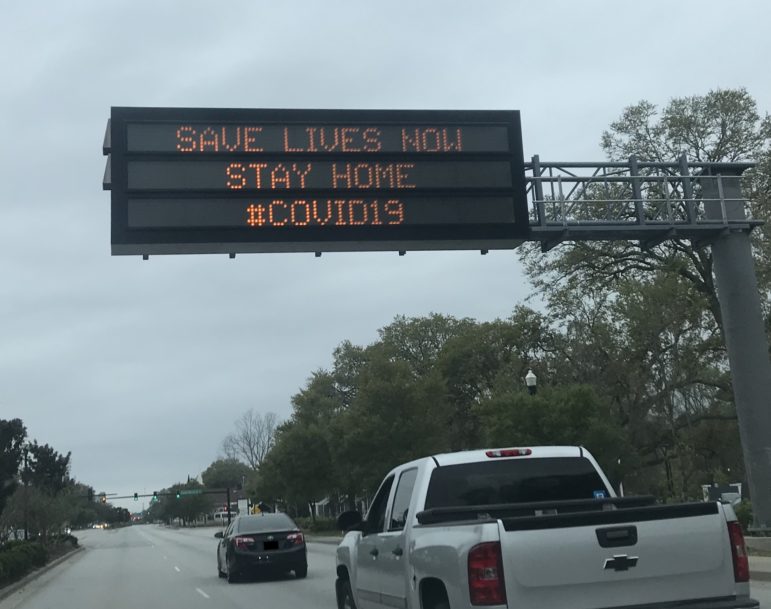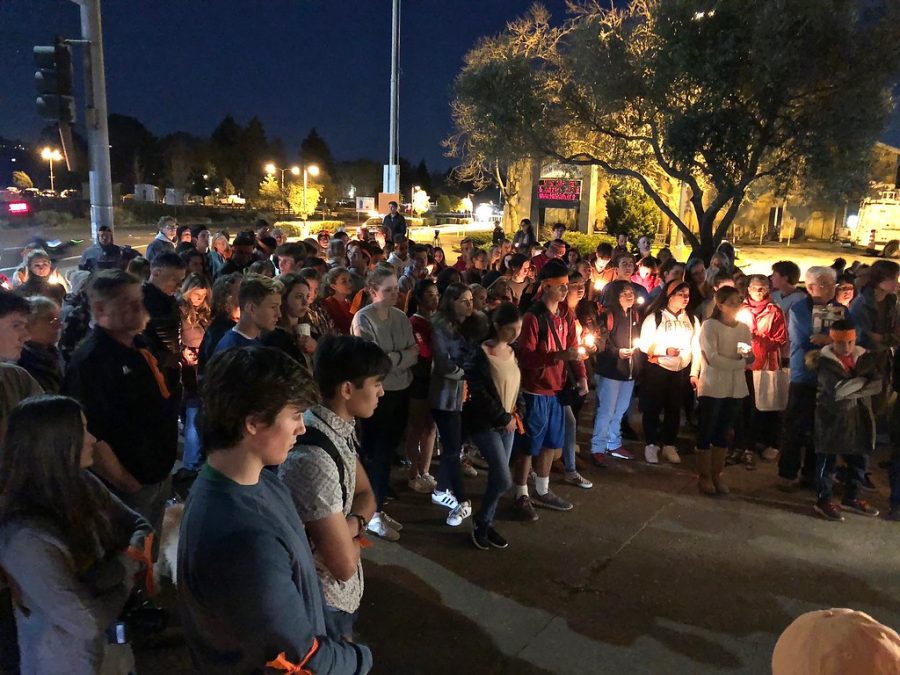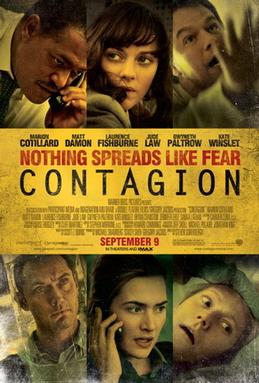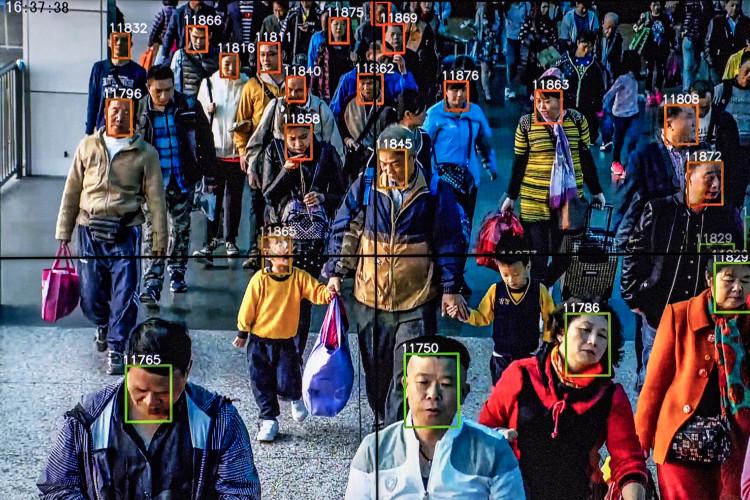You may remember seeing headlines on the news such as “Young people capitalize on cheap coronavirus flights: ‘If I die, I die’” (NBC) or “‘If I’m Going to Get Sick and Die, I Might as Well Do It at Disney World’” (New York Times). One might think that during the time of a global pandemic, the younger generations would be more proactive about staying safe and staying home. This is because of the longstanding American tradition of doing whatever they want and defending this as “freedom.” But another aspect is the large increase in depression amongst high school and college students that extends to the younger percentage of the workforce.
“I don’t think it’s right for people to have that sort of attitude,” junior Serena Thomas said. “My mother is a NICU nurse and a part of the frontline. She has to risk her health and our family’s health in order to help ensure that the coronavirus doesn’t spread to children in the hospital.”
One might say that as a country, one of the United States’ most disruptive traits — if not outright flaws — is the love of freedom. We cannot have too many rules because it restricts our choices. You can see this in our history, our art and especially our politics. For a country as large as the United States, it makes sense that we would have many differing viewpoints, including those who preach the benefits of a more hands-free government where citizens can make their own decisions about what they want.
“Whether COVID-19 ends or not, we need to have the endurance and self-control to stand together as not only a community but as a nation,” Thomas said. “It’s our moral responsibility as both citizens and individuals to promote positivity and understanding in these troubling times.”
Recorded depression amongst young people is at its highest. Data gathered by the Substance Abuse and Mental Health Services Administration (SAMHSA) shows that millions of young people in the United States suffer from major depressive episodes, not even counting those who are undiagnosed or whose symptoms are not exhibited prominently.
According to the National Institute of Mental Health (NIMH), “An estimated 3.2 million adolescents aged 12 to 17 in the United States had at least one major depressive episode. This number represented 13.3% of the U.S. population aged 12 to 17.” This number is higher than any other age group.
This could be a huge factor in why the “if I die, I die” mentality is so prevalent among young people. Even outside of being willful or ignorant, those who know the risks might simply not care as a symptom of their mental illness.
“You only live this life once,” Thomas said, “so you should live it as safely and happily as possible.”


